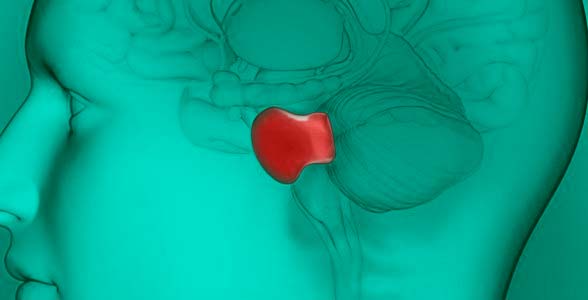DIPG - Diffuse Intrinsic Pontine Glioma
An especially aggressive type of cancerous tumour, DIPG grows in an area of the brain stem known as the pons, which is responsible for many critical bodily functions like heartbeat, breathing, swallowing, eyesight, and balance. As it grows, it puts increasing pressure on the nerves controlling the pons and the essential functions it regulates, quickly interfering with almost all normal functions of the body.
The DIPG tumour itself can cause the following symptoms:
- Double vision
- Difficulty in controlling eye and eyelid movement and facial expression
- Difficulty chewing and swallowing
- Difficulty speaking
- Difficulty urinating
- Weakness in the arms and legs
- Loss of balance
- Difficulty walking
- Clumsiness
- Headaches (especially in the morning)
- Nausea and vomiting
- Fatigue
Because of the aggressive nature of DIPGs and the rate at which they grow, symptoms usually get worse quickly.
Eventually, the tumour will begin to compromise the body's ability to breathe and regulate heartbeat. Unfortunately, the average lifespan after diagnosis with DIPG is only nine short months.
Symptoms of Diffuse Intrinsic Pontine Glioma typically present for approximately 1 month before diagnosis, but subtle symptoms may be present for up to 6 months prior to diagnosis. Because of their location in the brainstem, as they grow, DIPGs cause pressure on the cranial nerves that originate in the pons. These nerves control muscles used to move the eyes and the face, and to chew and swallow.
DIPG is said to be a rare disease
Every 9 days a child in the UK will be diagnosed with DIPG.
30/40 children a year in the UK are diagnosed with this cancer. Less than 10% will survive longer than 2 years, the majority of children will not survive longer than 6-9 months.
Research is slowly improving the life expectancy however due to limited funding the impact of this is not sufficient due to DIPG being an aggressive cancer, furthermore once there is progression no treatment can stop the untimely death of the children.
It is believed by many that a cure for the DIPG brain tumour, could result in a cure for almost every other type of cancer due to its complexity.[1]
Causes of DIPG
Researchers do not yet know what causes DIPG. Like most cancers, DIPG occurs when something goes wrong with the process of cell reproduction. However, unlike many other cancers, there is no evidence that indicates DIPG is caused by environmental factors (exposure to chemicals or radiation), or specific inherited genetic variations.
Gaining a better understanding of DIPG
Due to the increase in availability of tumour specimens our understanding of the biology of DIPG has advanced considerably in recent years. Researchers have begun to understand the exact genetic mutations involved with DIPG through the use of genetic sequencing. They have discovered the most common mutations involved in DIPG, and are now working to better understand these mutations, in order to engineer new drugs or repurpose pre-existing drugs that will be able to effectively treat DIPG.
[1] extract from House of Commons Petitions Committee - Funding for research into Brain Tumours (67) 2015-2016





What do you think?